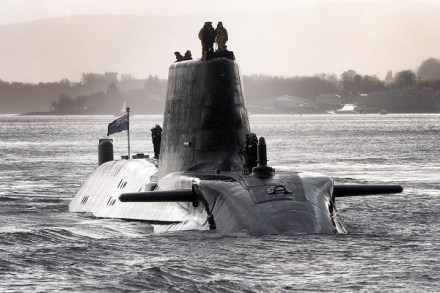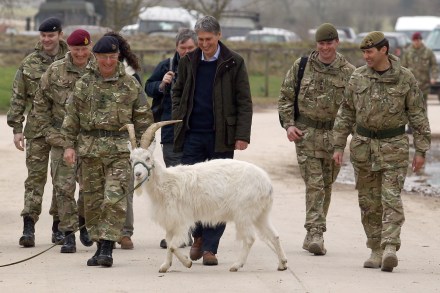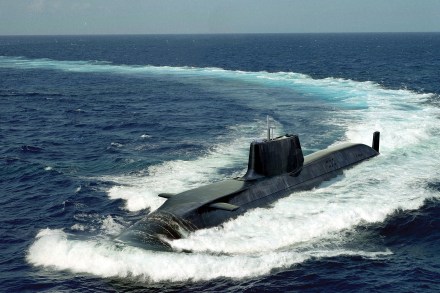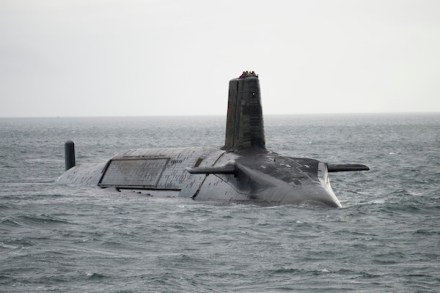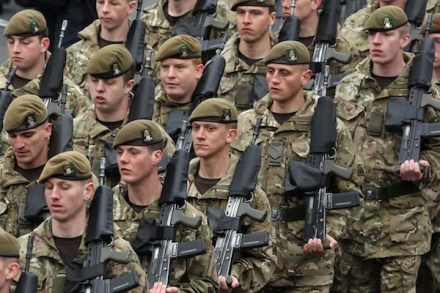Philip Hammond: No 2nd Syria vote ‘unless the circumstances change very significantly’
Defence Questions this afternoon was, as you might expect, a rather chippy affair. It seemed that whenever Philip Hammond rose to answer a question, he answered it by reminding the Labour MP asking it of their party’s decision to oppose the government’s motion on Syria. Nowhere was this more the case than in the Defence Secretary’s exchange with Jim Murphy, where both men set out some interesting wriggle room in their party positions on a second vote. listen to ‘Hammond: ‘Circumstances would have to change very significantly’ before MPs get another vote on military action in Syria’ on Audioboo












